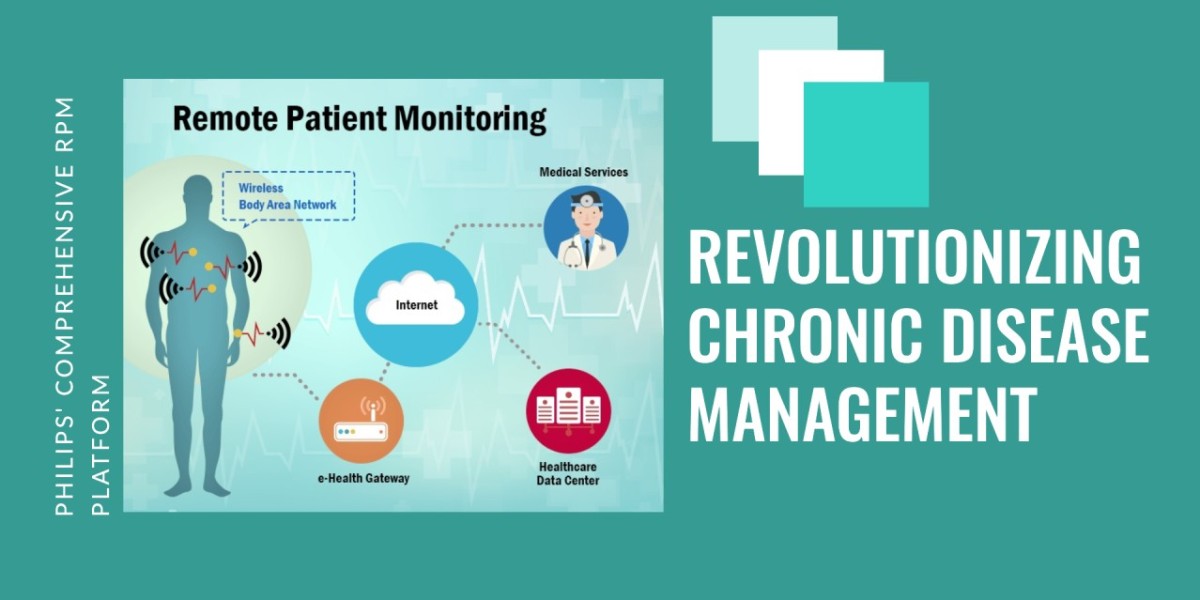In today’s digital age, data analytics in healthcare is revolutionizing how patient care is delivered, managed, and improved. With the increasing adoption of electronic health records (EHRs), wearable devices, and advanced medical imaging, healthcare systems are generating massive amounts of data. Data analytics provides a way to harness this data to make informed decisions, enhance operational efficiency, and improve patient outcomes.
This blog explores the growing role of data analytics in healthcare, its benefits, applications, and challenges, and why it is a cornerstone of modern healthcare innovation.
What is Data Analytics in Healthcare?
At its core, data analytics in healthcare refers to the process of analyzing health-related data to uncover actionable insights. This involves collecting, organizing, and interpreting large datasets from various sources, such as patient records, diagnostic tools, and treatment protocols. By leveraging advanced tools like artificial intelligence (AI), machine learning (ML), and predictive analytics, healthcare organizations can identify trends, predict outcomes, and optimize care delivery.
For instance, hospitals can analyze past data to predict patient admission rates, helping them allocate resources more effectively. Similarly, analyzing patterns in treatment outcomes can guide doctors in selecting the most effective interventions for specific conditions.
Key Benefits of Data Analytics in Healthcare
- Improved Patient Outcomes
Data analytics enables personalized medicine by tailoring treatments to an individual’s genetic makeup, lifestyle, and medical history. For example, predictive analytics can identify patients at risk of developing chronic diseases like diabetes or heart disease, allowing for early interventions. - Enhanced Operational Efficiency
By analyzing workflow data, healthcare organizations can reduce wait times, improve scheduling, and optimize resource allocation. This not only enhances patient satisfaction but also reduces operational costs. - Cost Reduction
Data analytics helps identify inefficiencies and unnecessary expenditures. For instance, analyzing billing and claims data can detect fraud, reducing financial losses. - Better Disease Management
Population health analytics enables healthcare providers to monitor and manage diseases at a community level. For example, tracking flu outbreaks in real-time allows for timely public health interventions.
Applications of Data Analytics in Healthcare
The impact of data analytics in healthcare extends across various domains, transforming patient care and operational processes.
- Predictive Analytics for Preventive Care
Predictive models analyze patient data to identify those at risk for diseases, enabling preventive measures. For example, wearable devices like fitness trackers collect data on heart rate, sleep patterns, and physical activity, which can predict potential health issues. - Personalized Medicine
By leveraging genetic and molecular data, healthcare providers can customize treatments for individual patients, improving the effectiveness of interventions. - Clinical Decision Support
Data analytics assists doctors by providing evidence-based recommendations. For instance, an AI-driven system can analyze thousands of clinical studies to suggest the best treatment options for a specific diagnosis. - Operational Efficiency
Analytics can optimize hospital operations, such as patient flow, staffing schedules, and equipment utilization. This ensures better resource management and reduces patient wait times. - Public Health Surveillance
During pandemics like COVID-19, data analytics played a crucial role in tracking the spread of the virus, predicting infection rates, and guiding vaccination efforts.
Challenges in Data Analytics in Healthcare
Despite its numerous benefits, implementing data analytics in healthcare is not without challenges:
- Data Privacy and Security
Healthcare data is highly sensitive, and breaches can have severe consequences. Ensuring compliance with regulations like HIPAA (Health Insurance Portability and Accountability Act) is crucial. - Data Silos
Data is often stored in disparate systems, making integration and analysis challenging. Healthcare providers need standardized data formats to ensure seamless sharing and analysis. - High Implementation Costs
Advanced analytics tools and technologies require significant investment, which can be a barrier for smaller healthcare providers. - Skill Gap
Effective data analytics requires expertise in data science and healthcare. Bridging this gap is essential for widespread adoption.
Future of Data Analytics in Healthcare
The future of data analytics in healthcare is promising, with advancements in AI, big data, and cloud computing driving innovation. Here are some emerging trends:
- AI-Powered Diagnostics: Machine learning algorithms can analyze medical images with greater accuracy, assisting radiologists and pathologists.
- Real-Time Monitoring: IoT-enabled devices will enable continuous monitoring of patients, providing real-time data for timely interventions.
- Blockchain for Data Security: Blockchain technology can enhance data security and ensure transparency in data sharing.
- Precision Medicine Expansion: Genomic analytics will play a more significant role in disease prevention and treatment customization.
Conclusion
The integration of data analytics in healthcare is transforming the industry, enabling better patient care, improved operational efficiency, and significant cost savings. While challenges remain, advancements in technology and increased adoption of analytics tools are paving the way for a smarter, more data-driven healthcare ecosystem.
Healthcare providers that embrace data analytics today will be better equipped to meet the demands of tomorrow’s healthcare landscape. As the field continues to evolve, the possibilities for improving patient outcomes and revolutionizing healthcare are endless.










